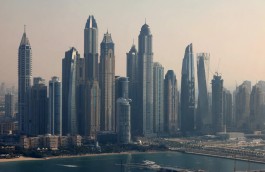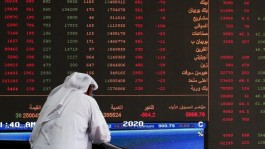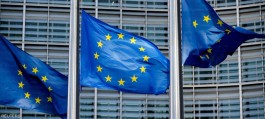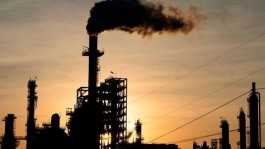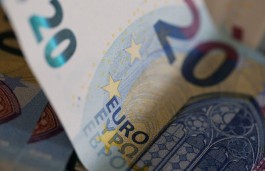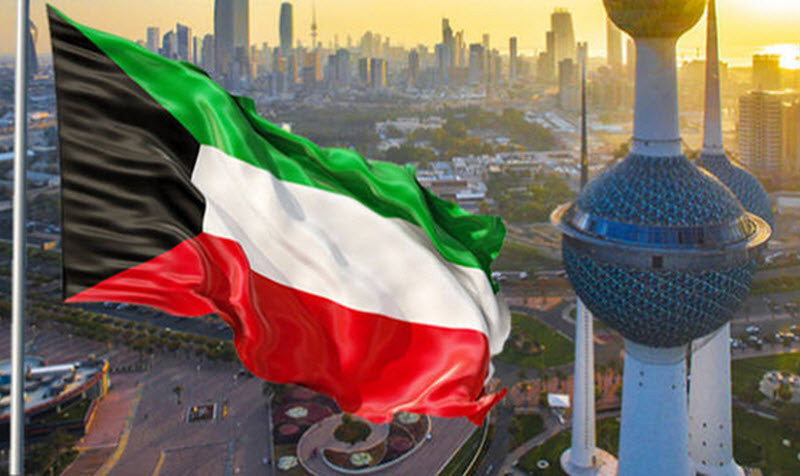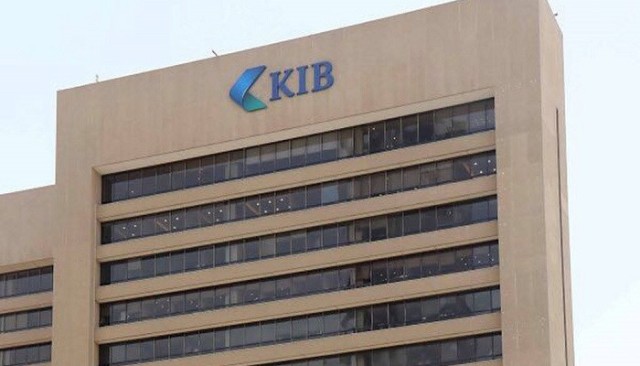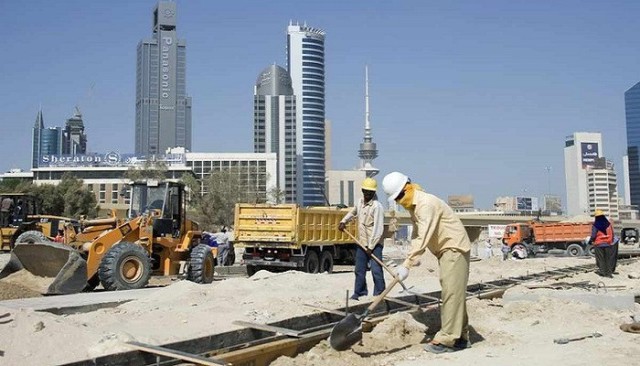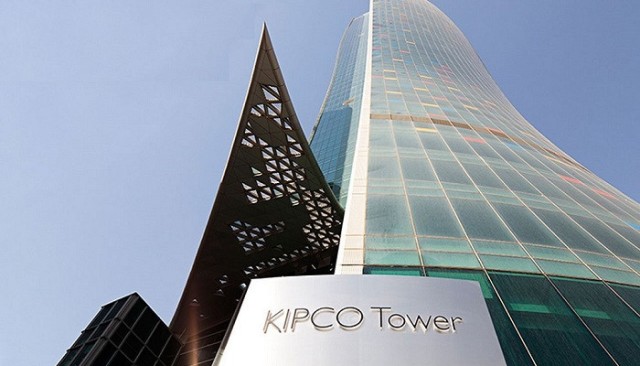Standard & Poor's has maintained the sovereign credit rating of the State of Kuwait at (AA-) with a negative outlook, in light of the continued depletion of the liquid buffer of public finances.
p>
According to Arabiya Net, this decision came after the agency's downgrade last March from the rank (AA) to the (AA-) rank with a stable outlook, and a change Outlook: From stable to negative last July.
The agency said that the negative outlook was driven by risks arising from the continued depletion of the General Reserve Fund, as it is the only source of financing the budget deficit since the expiration of the Public Debt Law in October 2017, It was reluctant to withdraw from the much larger Future Generations Reserve Fund, which was established in anticipation of the long-term depletion of oil reserves.
Over the past months, the authorities have implemented some measures that may gain additional time, but these measures remain insufficient to fill the funding gap. For example, the National Assembly adopted a law to suspend the transfer of allocations to the Future Generations Reserve Fund, amounting to 10% of the total public revenues, and link any future transfer to the performance of public finances, so that the transfer is only made in the years in which the budget recorded fiscal surpluses. The General Reserve Fund also received cash from the Future Generations Reserve Fund in exchange for transferring some government assets.
However, these measures alone are not sufficient to address the problem, given the size of the budget deficit, as the agency expects it to reach 30% of GDP for the year Finance 2020-2021. In the context of the continuation of the current situation, the General Reserve Fund will be without any liquidity in the coming months.
This situation may worsen with the approaching end of the fiscal year in March 2021, coinciding with the increase in government spending at the end of the fiscal year, as is the case in other countries. Some of the additional, less liquid assets, including the government-owned Kuwait Petroleum Corporation, could be transferred from the General Reserve Fund to the Future Generations Reserve Fund in exchange for cash. However, it remains unclear whether this will actually be implemented and how much liquidity is in return, according to S&P.
and the agency indicated that its sovereign credit rating of the state is restricted by the characteristic of concentration in the economy, and the relative weakness of institutional strength compared to its peers in the rating from outside the region. The oil sector accounts for about 50% of the GDP, more than 90% of exports, and about 90% of financial revenues. In view of this heavy dependence on the oil sector, the agency views the Kuwaiti economy as not diversified.
NamaaZone " The Power of Knowledge"
